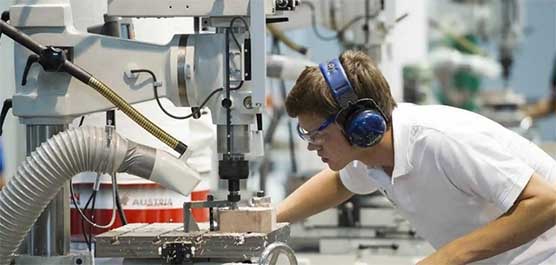
German manufacturing is facing job losses but still shows resilience. This article explores the challenges and opportunities in the transformation of German manufacturing.
German manufacturing, which is renowned for its high quality and precision, is currently experiencing a tough time with job losses. However, it still demonstrates remarkable resilience in the face of difficulties.
Job Losses in German Manufacturing
In recent months, iconic German companies such as Bosch, Lufthansa, Volkswagen, Siemens, and Mercedes-Benz have all announced large-scale layoffs. Bosch plans to cut 13,000 jobs in its mobility business by 2030, and Lufthansa intends to cut 4,000 administrative jobs in Germany within five years. Volkswagen plans to close at least three domestic factories and cut tens of thousands of jobs, while Mercedes-Benz has launched a voluntary separation program that may involve more than 30,000 employees. According to estimates by consulting firms and employer associations, since the middle of 2025, announced layoff plans have involved more than 125,000 jobs.
The Resilience of German Manufacturing
Despite the large number of job losses, German manufacturing has not shown signs of decline. The German government has recently significantly increased investment in the defense industry, which has brought a wave of investment and expansion to the defense industry. For example, Rheinmetall’s stock price has risen nearly 2,000% in the past five years, and it plans to completely divest its automotive parts business by the end of 2025. In addition, some German manufacturing companies are accelerating the transformation to smart manufacturing and green energy, and strengthening cooperation with overseas partners including China, which also shows the potential for the future development of German manufacturing.
Challenges and Opportunities in the Transformation of German Manufacturing
German manufacturing is facing many challenges, such as high energy costs, rising interest rates, and bureaucratic obstacles. The slow transformation of the automotive manufacturing industry to electrification has also led to a decline in car sales and profits. However, these challenges also bring opportunities. The development of the defense industry may create new jobs and drive the development of related industries. The transformation to smart manufacturing and green energy can also help German manufacturing improve its competitiveness in the long run.
In conclusion, although German manufacturing is facing job losses, it still has strong resilience. Through continuous transformation and innovation, German manufacturing is expected to regain its former glory in the future.
